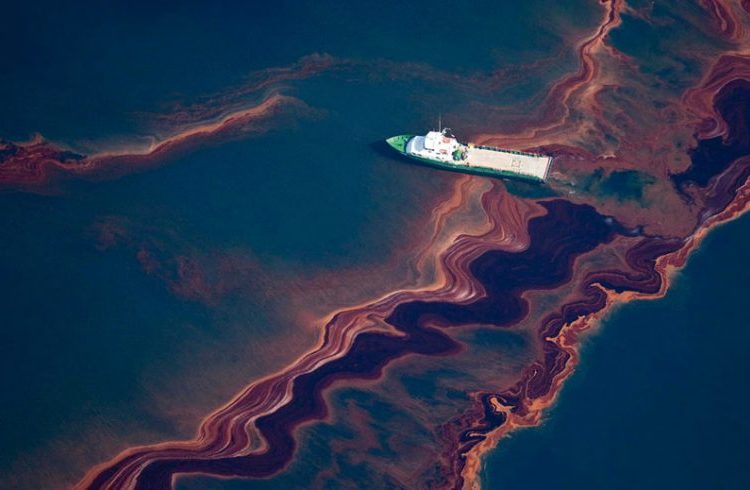The Cuban and U.S. governments signed this Monday in Havana an agreement on environmental protection, for the preparation and response in the face of contamination due to oil spills and the spill of other harmful substances in the Gulf of Mexico and the Straits of Florida.
The new agreement is a legally binding instrument for bilateral cooperation to rapidly and effectively minimize possible spills in the marine and coastal ecosystems, as well as for the public’s health and wellbeing.
The document was signed in the Hotel Nacional de Cuba by Jeffrey DeLaurentis, chargé d’affaires of the U.S. Embassy in Havana, and Eduardo Rodríguez, deputy minister for development of the island’s Ministry of Transportation.
After the signing ceremony, DeLaurentis said that the establishment of a mutual framework for the preparation and response in the face of oil spills in the marine environment is particularly important for the neighbors 90 miles away.
According to the U.S. diplomat, the agreement is a step forward in relations between the two countries and will contribute “to ensuring that our coastlines, marine environments and communities that depend on maritime trade are better protected for future generations.”

Meanwhile, Cuban Deputy Minister Eduardo Rodríguez commented that the document will entail the drawing up of a Coordination Plan to prevent and face episodes of contamination due to oil spills and other potentially dangerous spills of harmful substances in the Gulf zone and the Straits of Florida.
However, sources from the Ministry of Transportation mentioned that the perseverance of the U.S. blockade continues being an obstacle for the safety of offshore operations in the Cuban Economically Exclusive Zone in the Gulf and a limitation for the effective response to oil spills in that area.
The agreement signed this Monday is the 16th between both countries since 2015 and forms part of the joint efforts to strengthen diplomatic ties before the end of the Obama administration. In this sense, agreement on topics like protected areas, seismology and meteorology and climate have seen signed in recent weeks.










